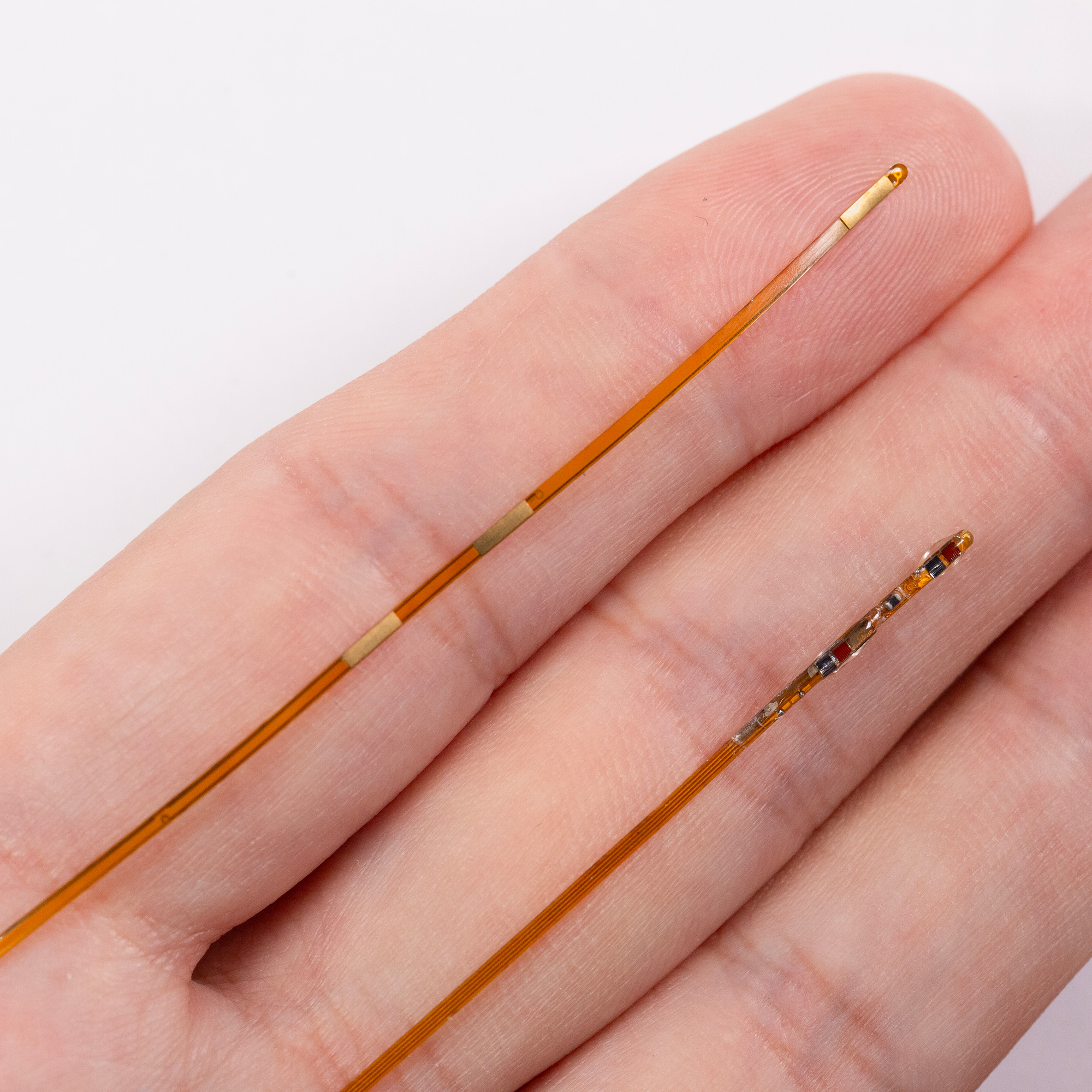Tag: Cell and Developmental Biology
-

Goyal and Kennedy Named 2024 Pew Scholars
Yogesh Goyal, PhD, and Ann Kennedy, PhD, have been named 2024 Pew Scholars by The Pew Charitable Trusts, which recognizes promising early-career investigators whose research will accelerate discovery and translation in the biomedical sciences.
-

Understanding How a Motor Protein Helps Cells Move
Scientists have characterized how non-muscle myosin assembles in cells using the latest advances in technology only available at Northwestern and a handful of institutions worldwide, according to a study published in the Journal of Cell Biology.
-

Study Shows Tiny ‘Twisters’ Move Cytoplasm Within Cells
Investigators at Northwestern Medicine and the Flatiron Institute have characterized how developing cells reorganize their cytoplasm as part of their growth, according to a study published in Nature Physics, a discovery which furthers the field’s understanding of basic cellular processes at the earliest stages of development.
-

Study Discovers Novel Biomarker for Vascular Aging and Neurodegeneration
Decreased activity of a specific signaling pathway in the brain vessels of aging mice and humans was linked to a decline in vascular function and subsequent neurodegeneration, according to a recent Northwestern Medicine study published in the Journal of Clinical Investigation.
-

Understanding Drivers of Egg Cell Development
Northwestern Medicine scientists have identified how cytoskeletal proteins contribute to the growth of developing eggs in fruit flies, findings which further the understanding of how egg cells form and differentiate themselves from other cells, according to a study published in the Proceedings of the National Academy of Sciences.
-

Scientists Uncover Why Some Cells Become Resistant to Cancer Therapies
Scientists have created a new synthetic biology approach to follow tumor cells over time, finding meaningful differences in why a cancer cell dies or survives in response to anti-cancer therapies.
-

Study Identifies New Mechanisms Driving Genomic Instability
A recent Northwestern Medicine study has identified new mechanisms that cause genomic or chromosomal instability during cell division, findings that may improve the development of biomarkers and targeted therapies for cancer.
-

Genetic Mutation Responsible for Rare Neurodevelopmental Disorder Identified
Using zebrafish models, investigators have discovered that MAP4K4 genetic variants cause neurodevelopmental delays and other physical abnormalities, demonstrating a potential therapeutic target for treating the disorder in humans, according to findings published in Science Advances.
-

Understanding How Exercise Induces Systemic Metabolic Benefits
Northwestern Medicine scientists have uncovered a mechanism by which exercise activates metabolic benefits in the body, according to a new study published in Cell Metabolism.
-

Study Identifies Two Genes Linked to Microcephaly
Northwestern Medicine scientists have identified pathogenic variants in two genes linked to microcephaly and other neurodevelopmental disorders in children, according to a recent study published in Nature Communications.






